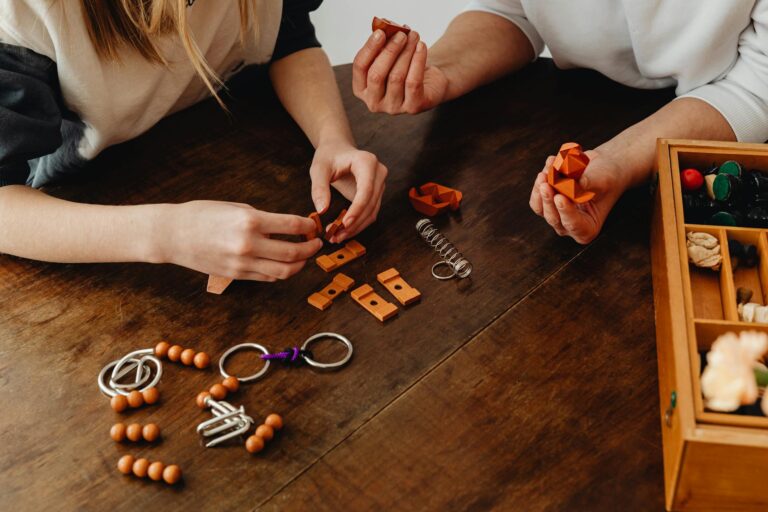Laundry is a task that most of us take for granted. We simply toss our dirty clothes in the washing machine, add detergent, and press start. But for a person with Alzheimer’s, this seemingly simple chore can become overwhelming and confusing. As their cognitive abilities decline, they may struggle with the multiple steps involved in doing laundry, leading to frustration and confusion. As a friend, family member, or caregiver, there are ways you can help a person with Alzheimer’s do laundry with ease and confidence.
Understand Their Capabilities
Before jumping in to help, it’s important to assess the person’s abilities and limitations. Alzheimer’s is a progressive disease, and each individual may have different levels of cognitive functioning. Some may still be able to complete certain steps of laundry independently, while others may need more assistance. Take note of what they are still able to do on their own and where they may need help.
Simplify the Process
The key to helping a person with Alzheimer’s do laundry is to simplify the process. You can do this by breaking down the task into smaller, more manageable steps. Start by explaining each step in simple terms and demonstrating the process. For example, you can say “First, we put the dirty clothes in the hamper. Then we sort them by color before putting them in the washing machine.”
It may also be helpful to create a step-by-step visual guide or checklist that they can refer to while doing laundry. This will provide them with a visual reminder and help them stay on track.
Use Memory Aids
People with Alzheimer’s often struggle with remembering things, making it difficult for them to keep track of tasks like laundry. Memory aids can be a valuable tool in helping them stay organized and on track. Simple things like labeling the detergent and fabric softener bottles with pictures or color-coded stickers can make it easier for them to identify which product to use.
You can also create a laundry cheat sheet with reminders for each step of the process. For example, “Add detergent”, “Set washer to cold water”, “Remove clothes from washer after cycle” etc. This will serve as a helpful reminder for them and prevent any confusion or mistakes.
Be Patient and Encouraging
Doing laundry may take longer than usual when helping a person with Alzheimer’s, so it’s important to be patient and understanding. Allow them to do as much as they can on their own, even if it means taking longer. Use positive reinforcement and praise their efforts along the way. This will boost their confidence and make the task more enjoyable for both of you.
Make Safety a Priority
It’s important to keep safety in mind when helping a person with Alzheimer’s do laundry. Make sure all cleaning products are stored in a safe place, out of reach from the person. Also, avoid using harsh chemicals or toxic products that could potentially harm them. Opt for natural and eco-friendly options instead.
Supervise and Assist as Needed
As the person’s cognitive abilities decline, they may require more supervision and assistance while doing laundry. It’s important to be present and ready to assist when needed. You can help by loading and unloading the washing machine, measuring out detergent, and transferring wet clothes to the dryer. Be sure to explain each step as you go and allow them to participate as much as possible.
Consider Alternatives
If the person with Alzheimer’s is unable to do laundry independently or with assistance, it may be time to consider alternatives. This could include hiring a professional caregiver or laundry service, or enlisting the help of other family members. It’s important to involve the person in these decisions and respect their wishes.
In conclusion, helping a person with Alzheimer’s do laundry requires patience, understanding, and simple modifications to make the task more manageable. By simplifying the process, using memory aids, and being patient and encouraging, you can help them maintain a sense of independence and accomplishment. Remember to prioritize safety and consider alternatives if needed. With your support and assistance, doing laundry can continue to be a part of their daily routine and contribute to their overall well-being.





